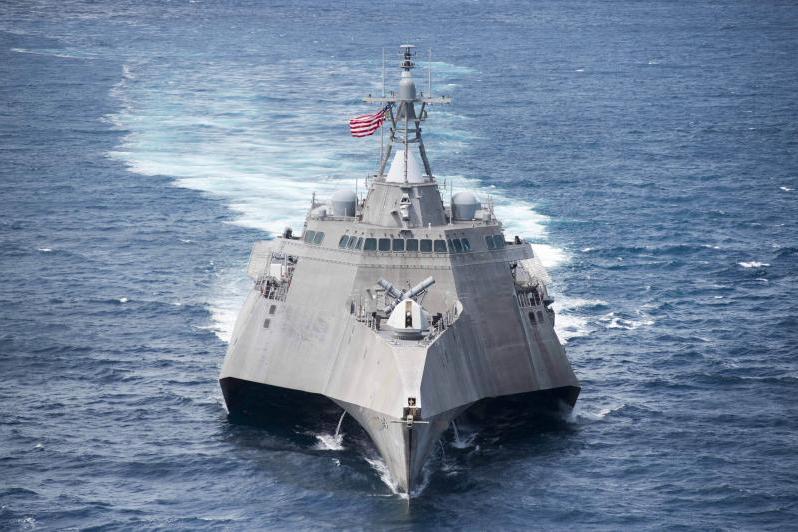FINCANTIERI: SERVICE CONTRACT FOR GERMAN SUBMARINES
Folgiero: “The Navy of the country with the largest shipbuilding capacity in the world in conventional submarines calls on Fincantieri”ncantieri”
As part of the governmental and industrial cooperation programme between Italy and Germany on the U-212A class of submarines, Fincantieri has signed a contract with the Directorate of Naval Armaments of the Secretariat General of Defence / National Armaments Directorate for on-demand servicing of German Navy submarines.
The contract will be for five years and will replicate the on-demand service model Fincantieri applies on Italian Navy vessels, i.e., intervening on call to ensure the highest performance of the units.
Pierroberto Folgiero, CEO of Fincantieri, commented: “This contract represents a significant international recognition of the technological and reputational level we have achieved. It is a source of great satisfaction that the Navy of the country with the largest experience and capacity in the world in conventional submarines has turned to Fincantieri to assure the same servicing effectiveness that we offer to our own Navy’s fleet. This achievement contributes to reinforce the Group’s role as a strategic Defence hub in the Mediterranean in the underwater sector”.
The U-212A Programme originated with an agreement between the Defence Ministries of Italy and Germany in 1996 and stems from the Italian Navy’s need to possess a new class of submarines meeting modern operational requirements by 2006. The path of international cooperation was taken because of the extensive parallels between the needs of the two countries’ armed forces, in terms of both operational requirements and the timeframe for implementation.
The Italian Navy’s U-212A fleet comprises four units; the German fleet has six.
Fincantieri recently announced that the construction of the third new-generation submarine for the Italian Navy's U-212NFS (Near Future Submarine) programme – an evolution of the U-212A contracted to Fincantieri has received parliamentary approval and will now proceed through the usual administrative process.








